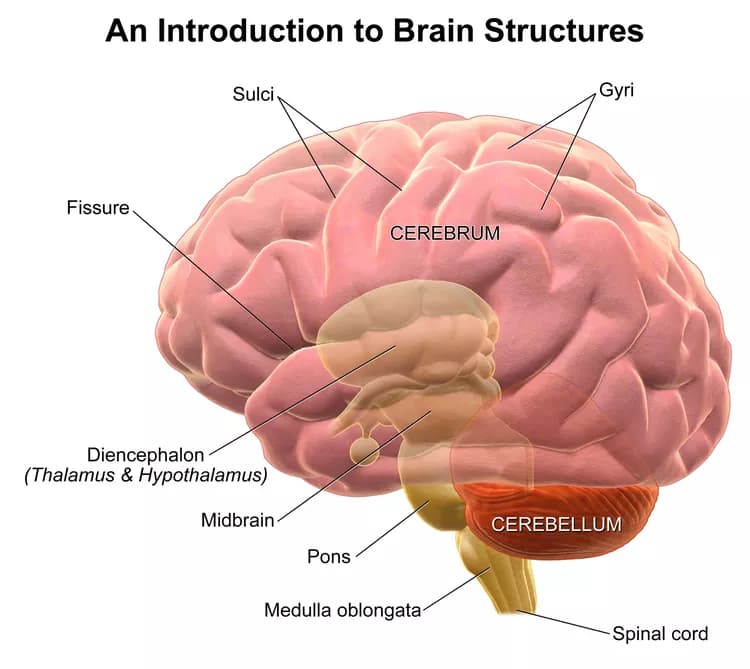
Scientists Discover Clues To Altered Brain Wiring In Autism
Autism is an agonizing puzzle, a complex mixture of genetic and environmental factors. One piece of this puzzle that has emerged in recent years is a biochemical cascade called the mTOR pathway that regulates growth in the developing brain. A mutation in one of the genes that controls this pathway, PTEN (also known as phosphatase and tensin homolog), can cause a particular form of autism called macrocephaly/autism syndrome.
Using an animal model of this syndrome, scientists from the Florida campus of The Scripps Research Institute (TSRI) have discovered that mutations in PTEN affect the assembly of connections between two brain areas important for the processing of social cues: the prefrontal cortex, an area of the brain associated with complex cognitive processes such as moderating social behavior, and the amygdala, which plays a role in emotional processing.
"When PTEN is mutated, we find that neurons that project from the prefrontal cortex to the amygdala are overgrown and make more synapses," said TSRI Associate Professor Damon Page. "In this case, more synapses are not necessary a good thing because this contributes to abnormal activity in the amygdala and deficits in social behavior."
The study was published on November 15 by the journal Nature Communications. The study also showed that targeting the activity of the mTOR pathway shortly after birth, a time when neurons are forming connections between these brain areas, can block the emergence of abnormal amygdala activity and social behavioral deficits. Likewise, reducing activity neurons that project between these areas in adulthood can also reverse these symptoms.
"Given that the functional connectivity between the prefrontal cortex and amygdala is largely conserved between mice and humans," said TSRI Graduate Student Wen-Chin Huang, the first author of the study, "we anticipate the therapeutic strategies suggested here may be relevant for individuals on the autism spectrum."
Although caution is warranted in extrapolating findings from animal models to humans, these findings have implications for individualized approaches to treating autism. "Even within individuals exposed to the same risk factor, different strategies may be appropriate to treat the symptoms of autism in early development versus maturity," said Page.
Materials provided by Cornell University. Original written by Tom Fleischman. Note: Content may be edited for style and length.
Disclaimer: DoveMed is not responsible for the adapted accuracy of news releases posted to DoveMed by contributing universities and institutions.
Primary Resource:
Wen-Chin Huang, Youjun Chen, Damon T. Page. Hyperconnectivity of prefrontal cortex to amygdala projections in a mouse model of macrocephaly/autism syndrome. Nature Communications, 2016; 7: 13421 DOI: 10.1038/ncomms13421Related Articles
Test Your Knowledge
Asked by users
Related Centers
Related Specialties
Related Physicians
Related Procedures
Related Resources
Join DoveHubs
and connect with fellow professionals

0 Comments
Please log in to post a comment.